#edward w said
Explore tagged Tumblr posts
Text
The real issue is whether indeed there can be a true representation of anything, or whether any and all representations, because they are representations, are embedded first in the language — and then in the culture, institutions, and political ambience of the representor. If the latter alternative is the correct one (as I believe it is), then we must be prepared to accept the fact that a representation is eo ipso implicated, intertwined, embedded, interwoven, with a great many other things besides the "truth" which is itself a representation. … Thus each individual contribution first causes changes within the field and then promotes a new stability, in the way that on a surface covered with twenty compasses the introduction of a twenty-first will cause all the others to quiver, then to settle into a new accommodating configuration.
— Edward W. Said, from Orientalism (1978.)
#an enviable analogy#edward w said#edward said#orientalism#comparitive literature#literary criticism#quotes
215 notes
·
View notes
Text
This book is an exile's book. For objective reasons that I had no control over, I grew up as an Arab with a Western education. Ever since I can remember, I have felt that I belonged to both worlds, without being completely of either one or the other [...] Yet when I say "exile" I do not mean something sad or deprived. On the contrary belonging, as it were, to both sides of the imperial divide enables you to understand them more easily.
— Edward W. Said, Culture and Imperialism.
Follow Diary of a Philosopher for more quotes!
#Edward W Said#Culture and Imperialism#Book quotes#lit quotes#literature quotes#social studies#philosophy quotes#philosophy#politics#dark academia#quote#quotes#academia#gradblr#studyblr#chaotic academia#exile#tck#third-culture-kid#third culture kid#multicultural
22 notes
·
View notes
Text
Eqbal Ahmad
(theeqbalahmadproject.com)
He brought wisdom and integrity to the cause of oppressed peoples
By Edward W Said Thu 13 May 1999
Eqbal Ahmad, perhaps the shrewdest and most original anti-imperialist analyst of Asia and Africa, has died, aged 66, in Islamabad following an operation for colon cancer. A man of enormous charisma and incorruptible ideals, he was a prodigious talker and lecturer.
He had an almost instinctive attraction to movements of the oppressed and the persecuted, whether in Europe, America, Bosnia, Chechnya, South Lebanon, Vietnam, Iraq or the Indian sub-continent. He had a formidable knowledge of history, always measuring the promise of religion and nationalism against their depredations and abuse as their proponents descended into fundamentalism, chauvinism and provincialism.
Ahmad was a fierce, often angry, combatant against what he perceived as human cruelty and perversity. During his last years, he dedicated himself - quixotically it would sometimes appear - to the creation of an alternative university in Pakistan, named Khalduniyah after the great Arab polymath and historian whose comprehensive view of the human adventure Ahmad sought to embody in a curriculum solidly based in the modern humanities, social and natural sciences.
Born in the Indian state of Bihar, he and his siblings left for Pakistan in 1948; before that, his father was murdered in bed over a land dispute, as the boy lay next to him, a traumatic event Eqbal would cite when he attacked material acquisitiveness.
In Lahore, he attended Foreman Christian College, became briefly an army officer, then went to the United States in the mid-1950s as a Rotary fellow in American history at Occidental College, California. He entered Princeton in 1958 with a double major in political science and Middle Eastern studies. He got his PhD in 1965 and, during his Princeton years, went to Algeria, joined the FLN, was arrested in France and established a cultural centre in Tunis.
During the 1960s, he taught at Cornell and Chicago, and was among the first fellows of the anti-war Washington Institute of Policy Studies (IPS). In 1969 he married Julie Diamond, a teacher and writer from New York, and between 1973 and 1975 he established and headed the IPS's offshoot in Amsterdam, the Transnational Institute.
Ahmad was an early and prominent opponent of the Vietnam war, and in 1970 was tried with the Berrigan brothers on a trumped-up charge of conspiracy to kidnap Henry Kissinger - on which he and his alleged co-conspirators were acquitted. In addition to his outspoken support of unpopular causes (especially Palestinian rights), Ahmad's uncompromising politics kept him an untenured professor at various universities until 1982, when Hampshire College, Massachusetts, made him a professor. He taught there until he became emeritus professor in 1998, dividing his time between New England and Pakistan.
During these years he travelled all over the world. Arabs, for example, learned more from him about the failures of Arab nationalism than from anyone else. In 1980, in Beirut, he was the first to predict the exact outlines of the 1982 Israeli invasion; in a memo to Yasir Arafat and Abu Jihad he also sadly forecast the quick defeat of PLO forces in South Lebanon. He was a relentless opponent of militarism, bureaucracy, ideological rigidity and what he called 'the pathology of power'. He was consulted by journalists and international civil servants about abstruse currents in contemporary Afghanistan, Algeria, Iran, India, Pakistan, Angola, Cuba, Sri Lanka and he had an encyclopaedic knowledge of the US.
No one who saw him sitting bare-foot and cross-legged on a living-room floor, conversing genially until the early hours, with a glass in his hand, will ever forget the sight or the sound of his voice as he announced 'four major points' - but never got past two or three. He loved literature, especially poetry, and the sensitive and precise use of language, whether it was Urdu, English, French, Arabic or Farsi.
Ahmad was that rare thing, an intellectual unintimidated by power or authority, a companion in arms to such diverse figures as Noam Chomsky, Howard Zinn, Tariq Ali, Ibrahim Abu-Lughod, Richard Falk, Fred Jameson, Alexander Cockburn and Daniel Berrigan.
Immaculate in dress and expression, faultlessly kind, an unpretentious connoisseur of food and wine, he saw himself as a man of the 18th century, modern because of enlightenment and breadth of outlook, not because of technological or quasi-scientific 'progress'. Somehow he managed to preserve his native Muslim tradition without succumbing either to the frozen exclusivism or to the jealousy that has often gone with it. Humanity and secularism had no finer champion. He is survived by Julie, and their daughter Dohra, a graduate student at Columbia.
Eqbal Ahmad, political scientist and peace activist, born 1933; died May 11, 1999
#Edward W Said#Eqbal Ahmad#david tennant#baftas#bafta 2024#eurovision#c4news#bethlehem#ethnic cleansing#doctor who
1 note
·
View note
Text
it actually makes me sick to see the NFL, 49ers, and chiefs all make statements supporting Israel and calling palestinians terrorists. YOU'RE SUPPORTING THE TERRORISTS! what israel is doing is GENOCIDE. you're supporting GENOCIDE. who started the war? ISRAEL. who has a huge army? ISRAEL. who has continuously broken ceasefire? ISREAL. who is killing thousands of innocent people a day? ISRAEL. guess who doesn't have an official army and is basically defenseless? PALESTINE.
i wanted to say this again in light of recent events: i highly highly highly encourage anyone who sees this to read Edward W. Said's book After the Last Sky: Palestinian Lives (available on internet archive for free, but i recommend buying it). Said is palestinian, and in the book he talks about his childhood in palestine and the effects of being exiled from his homeland. the book is a true eye opener, and everything that Said says is still relevant today. it also includes photos, which truly emphasize the trauma and horrors the palestinian people have faced.
#free west bank#free palestine#free gaza#gaza#palestine#israel#save palestine#stop israel#human rights#current events#west bank#jerusalem#edward w. said#After the Last Sky: Palestinian Lives#i stand with palestine#i stand with gaza#rafah#dreams
5K notes
·
View notes
Text

Palestinian-American professor, political activist, and author of Orientalism Edward W. Said (figure to the left) throws a stone over the border between Israel and Lebanon, July 3rd 2000
#edward said#edward w. said#such a great picture i can't believe i haven't seen it b4#rest in peace king#corrected as of 2/9/24
2K notes
·
View notes
Text
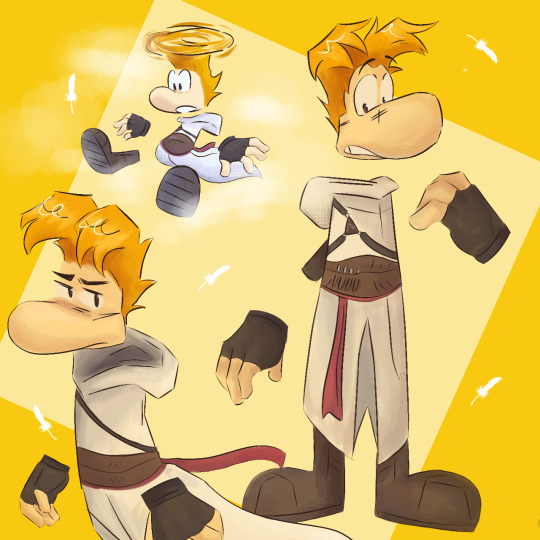

Bonus

#THIS TOOK SOO LONG#me mixing my love for rayman Ac (especially Altaïr) and Captain laserhawk#Rayman in the Ac outfit <3#Choosed Altair bc like I said hes my favvv#poor rayman he wanted to join the ac Brotherhood w Edward Kenway 😔#Rayman#rayman fanart#Rayman 3#rayman legends#rayman captain laserhawk#rayman clh#ramon captain laserhawk#bullfrog#bullfrog captain laserhawk#bullfrog clh#bullfrog fanart#altaïr ibn la'ahad#assassin's creed#assassin's creed fanart#ubisoft stop making stupid choices I beg u#evilbeing
368 notes
·
View notes
Text
– Read About Palestine –
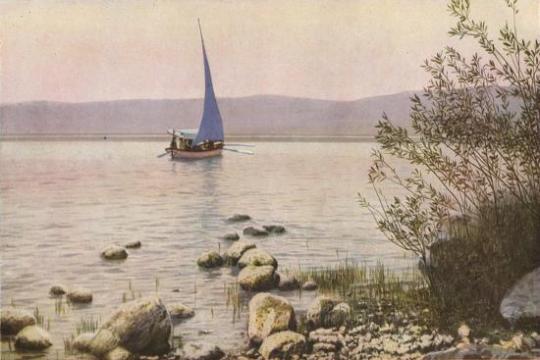
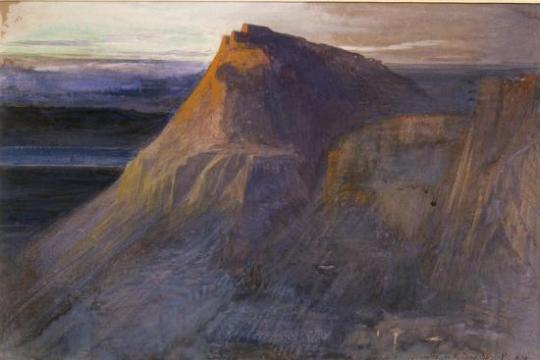
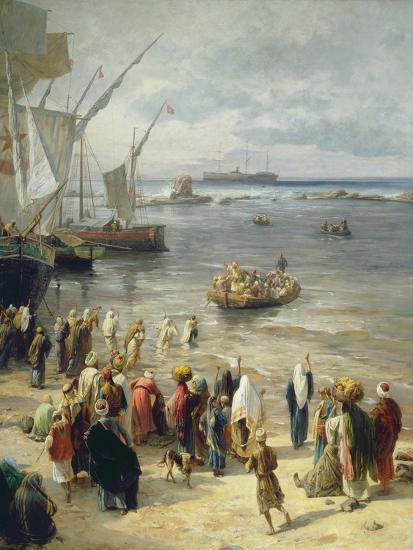
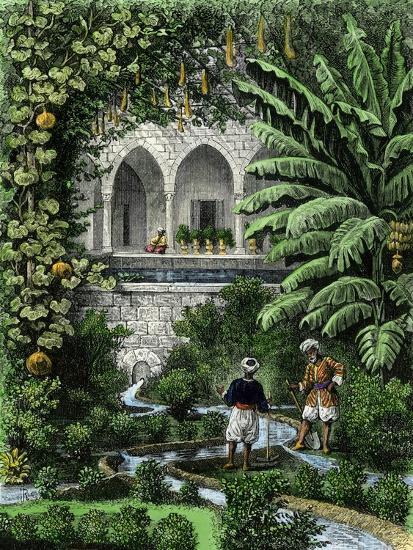

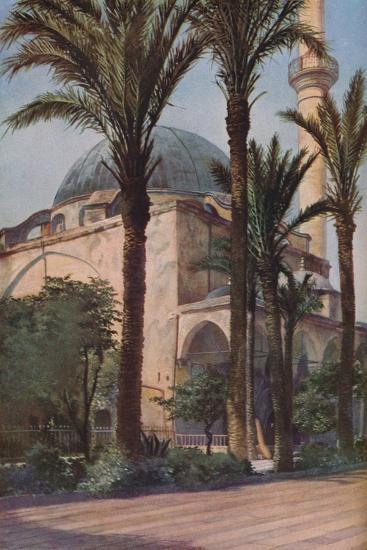
⚡️Fateful Triangle: The United States, Israel, and the Palestinians by Noam Chomsky
⚡️On Palestine By Noam Chomsky, Ilan Pappe and Frank Barat
⚡️The Ethnic Cleansing of Palestine by Ilan Pappe
⚡️The Hundred Years' War on Palestine by Rashid Khalidi
⚡️The Way to the Spring Life and Death in Palestine by Ben Ehrenreich
⚡️The Question of Palestine by Edward Said
⚡️Except for Palestine The Limits of Progressive Politics by Marc Lamont Hill, Mitchell Plitnick
⚡️Palestine A Four Thousand Year History by Nur Masalha
⚡️Where the Line Is Drawn by Raja Shehadeh
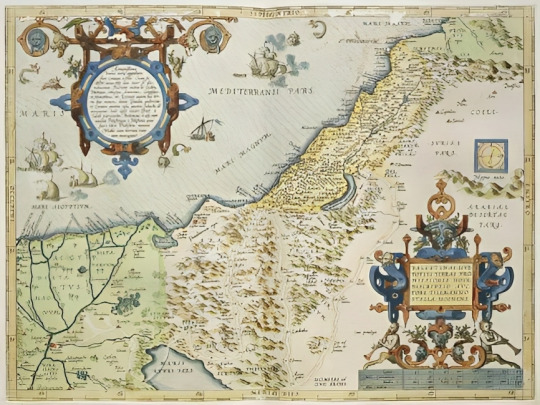
Israeli-Palestinian Discourse // Quotes
Artworks: Palestine', c1930s by Donald Mcleish // Masada on the Dead Sea, Palestine, 1859 by Edward Lear // Jaffa, Recruiting of Turkish Soldiers in Palestine, 1888 by Gustave Bauernfeind // Gourds Grown as a Vine in an Arab Garden, Palestine, 19th Century // Hishams Palace, West Bank, Palestine by Vivienne Sharp // Palestine', c1930s by Donald Mcleish // Palestine, from Theatrum Orbis Terrarum, Antwerp, Plate, 1570 by Achille Cattaneo
#palestine#book recs#noam chomsky#history#ethnic cleansing#to read#book reccs#art#books and libraries#art work#illustration#فلسطين#decolonisation#painting#edward w. said#palestine under attack#culture#edward said#dark academia#booklr#books & libraries#books and reading#map#resistance#nonfiction#gaza
579 notes
·
View notes
Text
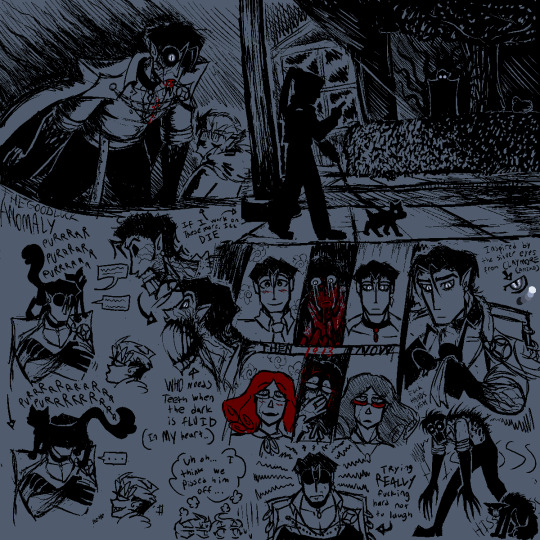
OH ARTHUR BENNETT.. such a gorgeous and intriguing character. terribly burdened by a GRUESOME set of crimes, his light suffocated by a HEAVY century of GUILT. so tragic, so dark and broody, and yet PAINFULLY awkward in any social setting ever
#jrwi fanart#cw blood#jrwi show#jrwi suckening#arthur bennett#OUHH THIS ONE WAS SITTING IN MY WIPS FOR SO LOOOONGwhen i took it out there was mould on it :sob:#BUT i think i was able to fix it up okay#i keep seeing SO MANY MISTAKES RRAAAHHH BUT YOU DONT SEE THEM RIGHT?? THATS ONLY ME. RIGHT?? EXACTLY.#THE KEY IS TO SAY. AND REPEAT AFTER ME. 'FUUUCK IT WE BALL#so anyway. arthur bennett huh? grizzly says that arthur is reaal fuckin difficult to play. and i SUPER get that. i mean LOOK AT HIM..#grizz often needs a minute to think abt what hes gonna say in a way that matches w that Stoic Personality. which is FAIR but also that#ends up making way for awkward confrontations like: the lady in the parky lot. he took too long to answer and scared her away.& I LOVE THAT#arthur is tragic and sad and cool and stoic but hes ALSO awkward and silly and kinda dumb and short sighted. HE HAS COMPLEXITIES#I LOVE WHEN TTRPG CHARACTERS HAVE A GOOD SET OF SHORTCOMINGS. ESPECIALLY WHEN U FIND THEM ONLY AS U PLAY THEM.#I COULd go on and on saying the same things w different words abt arthurs intriguing and entertaining character but i shall spare u. for no#ILL ALSO MENTION HOW MUCH I LOVE HIS FLAVOR THO.. I LOVE TALL HOT BOY WHOS ONE W THE DARKNESS.. I REMEMBER WHEN HE FIRST MENTIONED THE#BADLUCK. N I WAS LIKE OOOHH THATS WHY HIS DESIGN IS SO COOL N CHAOTIC N ASYMMETRICAL. HES UNLUCKY!!! i love love love his design so much...#GRaaauruguguraguhhghghgh what else what else is there for me to spew on abt...i think im reachin a limit here..OH MAGNUS. i hope that#we get to know more abt how magnus and arthur met.. like How they became besties... ouuhh... I ALSO WANNA KNOW MORE ABT MARY DAVIS. LIKEHOW#he also apparently spent alotta time in a zone dominated by edward twilight? all he remembers is constant partying? I WANNA KNOW MORE..#i think i got room 4 one more ramble SO. THE ART PIECE.as i said its gone a lil stale BUT. im still very proud o the bits where hes allScar#I WANNA SEE HIM GET SCARYMORE. I like the idea of shadows solidifying to make him strange and eerie.like TEETH n CLAWS n SPINES n YESS#also the SILVER EYES.no1 does silver eyes like the show Claymore. they make em look so striking and eerie...i also like to think that#human arthur had deep beautiful brown eyes.just in my beaitufl heart.i mean look at him..i wanna cook him n eat him.ANYWAY#i think thats all my ramblin for this piece. now i gotta go cancel a single day i had ata hotel bc my work schedule change last minute FUCK#feel free to ramble in my tags aswell tho i read all of them and i chew on thenm and i love them so sos os mcuh
148 notes
·
View notes
Text
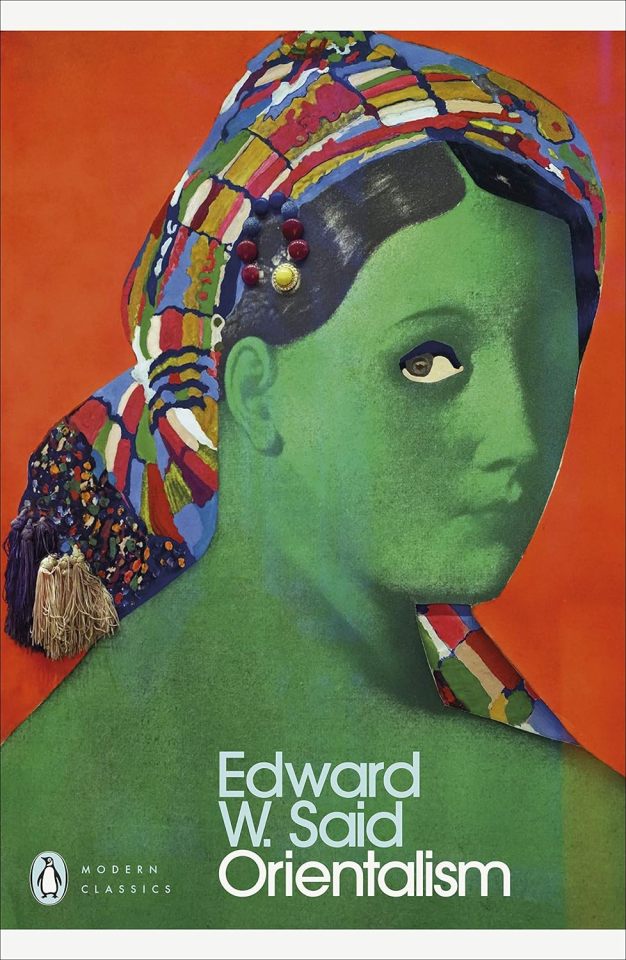
111 notes
·
View notes
Text
Excerpts from Edward Said's The Essential Terrorist, a review of the 1986 book Terrorism: How the West Can Win by Benjamin Netanyahu
This brings us to the book at hand, Terrorism: How the West Can Win, edited and with commentary, weedlike in its proliferation, by Benjamin Netanyahu, the Israeli ambassador to the United Nations. A compilation of essays by forty or so of the usual suspects–George Shultz, Jeane Kirkpatrick, Lord Chalfont, Claire Sterling, Arthur Goldberg, Midge Decter, Paul Johnson, Edwin Meese 3d, Jean-Francois Revel, Jack Kemp, Paul Laxalt, Leszek Kolakowski, etc.–Terrorism is the record of a conference held two years ago at the Jonathan Institute in Washington, Jonathan Netanyahu being Benjamin’s brother, the only Israeli casualty of the famous raid on Entebbe in 1976. (It is worth noting that victims of “terrorism” like Netanyahu and Leon Klinghoffer get institutes and foundations named for them, to say nothing of enormous press attention, whereas Arabs, Moslems and other nonwhites who die “collaterally” just die, uncounted, unmourned, unacknowledged by “us.”)
[...]
In fact, Terrorism: How the West Can Win is a book about contemporary American policy on only one level. It is equally a book about contemporary Israel, as represented by its most unyielding and unattractive voices. An attentive reader will surely be alerted to the book’s agenda from the outset, when Netanyahu, an obsessive if there ever was one, asserts that modern terrorism emanates from “two movements that have assumed international prominence in the second half of the twentieth century, communist totalitarianism and Islamic (and Arab) radicalism.” Later this is interpreted to mean, essentially, the K.G.B. and the Palestine Liberation Organization, the former much less than the latter, which Netanyahu connects with all nonwhite, non-European anticolonial movements, whose barbarism is in stark contrast to the nobility and purity of the Judeo-Christian freedom fighters he supports.
Unlike the wimps who have merely condemned terrorism without defining it, Netanyahu bravely ventures a definition: “terrorism” he says, “is the deliberate and systematic murder, maiming, and menacing of the innocent to inspire fear for political purposes.” But this powerful philosophic formulation is as flawed as all the other definitions, not only because it is vague about exceptions and limits but because its application and interpretation in Netanyahu’s book depend a priori on a single axiom: “we’ are never terrorists; it’s the Moslems, Arabs and Communists who are.
[...]
Certainly Israeli violence against Palestinians has always been incomparably greater in scale and damage. But the tragically fixated attitude toward ‘armed struggle’ conducted from exile and the relative neglect of mass political action and organization inside Palestine exposed the Palestinian movement, by the early 1970s, to a far superior Israeli military and propaganda system, which magnified Palestinian violence out of proportion to the reality. By the end of the decade, Israel had co-opted US policy, cynically exploited Jewish fears of another Holocaust, and stirred up latent Judeo-Christian sentiments against Islam.
[...]
For the main thing is to isolate your enemy from time, from causality, from prior action, and thereby to portray him or her as ontologically and gratuitously interested in wreaking havoc for its own sake. Thus if you can show that Libyans, Moslems, Palestinians and Arabs, generally speaking, have no reality except that which tautologically confirms their terrorist essence as Libyans, Moslems, Palestinians and Arabs, you can go on to attack them and their ‘terrorist’ states generally, and avoid all questions about your own behavior or about your share in their present fate.”
#the essential terrorist#edward said#edward w. said#benjamin netanyahu#terrorism#terrorism how the west can win#israel#i read this on blaming the victims earlier this year and idk that this has been circulated on tumblr much. glad it's in The Nation website!#zionism#post
51 notes
·
View notes
Text

a few words on this.
I found myself revisiting my notes from this recently, and added a handful of select quotes to queues. with the current state of geopolitics, and Said’s well established allegiances, it’s worth stating that I myself, along with many well documented friends and colleagues of his, don’t share his specific views and have several grave arguments with them. But here’s not the place for that discussion. I will say that Said was capable of being highly rational, humane and conciliatory on one day, and be found thinking with the blood on another. All this, naturally, doesn’t alter my qualified admiration for his scholarship and erudition.
The point I wanted to make however is more about the cultural impact his work has on our lives today, not politics, destruction and war. It could be argued that this is, in the anglophone, the most influential text of the last thirty plus years – if you’re in what’s known as the West, then this book’s influence has had a heavy bearing on you — if you’re unfamiliar with this author then you probably didn’t even realise it. Regrettably, a portion of this influence has soured, coagulated, and has been incorporated into a broader, iniquitous ideology.
What’s perhaps most remarkable about all of this is that Edward Said, on seeing this, wrote many times deploring the mutation of his original intentions. Consequently, and in my experience this is unique, the very best things in this book aside from the original long Introduction [1978] aren’t to be found in the actual book, but are in two reflecting essays regarding the impact of his text (and in this edition, both are included).
The first being simply titled Afterward [1995], and the second, Preface [2003].
And so if you ever come across this book and are curious about it, I suggest you read those three essays from it and, unless you’re very much inclined towards comparative literature and philology – or you’re a devotee of Flaubert, Napoleonic history or the thoughts of Giambattista Vico perhaps – you needn’t worry about the rest as, like with the then innovative thought-patterns of James Joyce, and the anxious gallows-humour idioms of Kafka, you’ve already thoroughly absorbed its principles through a natural osmosis from the prevailing culture.
10 notes
·
View notes
Text
Just because you represent the sufferings that your people lived through, which you yourself might have lived through also, you are not relieved of the duty of revealing that your own people now may be visiting related crimes on their victims.
— Edward W. Said, Representations of the Intellectual.
Follow Diary of a Philosopher for more quotes!
#Edward W Said#Edward Said#representations of the intellectual#book quotes#quote#quotes#current affairs#palestine#israel
7 notes
·
View notes
Text

Edward W. Said, (1979), The Question of Palestine, Preface by Saree Makdisi, «Fitzcarraldo Classic» 7, Fitzcarraldo Editions, Deptford, London, 2024
#graphic design#typography#book#cover#book cover#edward w. said#edward said#saree makdisi#fitzcarraldo editions#1970s#2020s
20 notes
·
View notes
Note
which book were you reading? <333
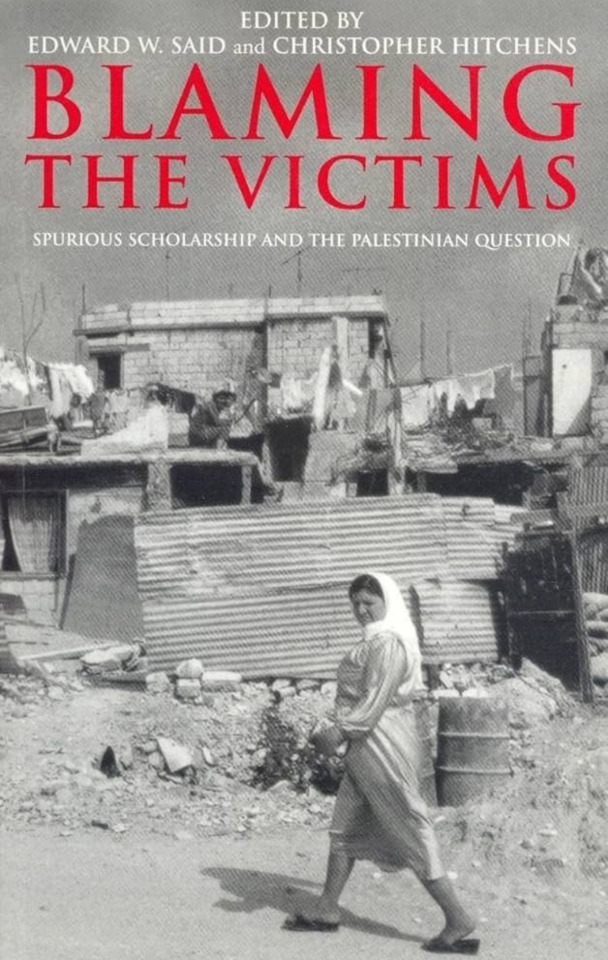
this one bestie!! i was supposed to pick it up after I was done w some books still sitting in my bookcase but. I literally could not help myself I just went ahead and bought it and it’s been so interesting ugh I wish I had more time to just lose myself in it
#but this bitch has to study physics and biochem today#I looked into edward w. said btw and he’s pretty credible#I’ve been very up and down w recreational reading bc of how busy I’ve been but I rly wanna get serious about spending daily time reading it#(& so many other books)#ask
44 notes
·
View notes
Text
i wanted to share this because i think it's important and i haven't seen anyone mention it:
i highly recommend reading Edward W. Said's book After the Last Sky: Palestinian Lives (available on internet archive for free, but i recommend buying it). Said is palestinian, and in the book he talks about his childhood in palestine and the effects of being exiled from his homeland.
it's extremely important to read palestinian perspectives of historical events, as depending on what you read, it can drastically affect your own perspective. media outlets siding with israel call the palestinians “terrorists” and frame them as the ones in the wrong. however, a palestinian person's POV is radically different. palestine does not have an official military force, so they are practically defenseless against israel's attacks. it could be argued (i would argue) that what israel is doing is virtually genocide, and palestine’s attacks on them are acts of self-defense and of protest against their oppressor.
the book is a true eye opener, and everything that Said says is still relevant today/can be applied to the israel-hamas war. it also includes photos, which truly emphasize the trauma and horrors the palestinian people have faced.
here's an amazon review of the book i think sums it up really well: "This book is a must-see/read for anybody interested in a genuine solution to the pressing problems in Palestine. Edward Said's poignant descriptions of both Palestinian woes and the fight to retain identity force one either to reeavaluate his or her notions of the Palestinians (if one is inclined to take Western propaganda for granted), or to further support the Palestinian right to live with increased fervor and empathy. If the text is not given a chance, then the photos pose an even greater challenge: Should we finally all accept responsibility for the faltering, ludicrous "peace process" in the Middle East?"
don't stop talking about palestine! don't stop supporting the palestinian people! people are still dying! FREE PALESTINE! 🇵🇸
#free west bank#free palestine#free gaza#gaza#palestine#israel#save palestine#stop israel#human rights#current events#west bank#jerusalem#edward w. said#After the Last Sky: Palestinian Lives
53 notes
·
View notes
Text
did i just see someone hc South Korea to be the child of North Korea and America post-WWII

#why this fandom has a particular obsession with making alfred the (good) dad of his colonial and imperial possessions (like liberia)#is smth i'll never understand#hws america#hws north korea#// disk horse#hetalia#hws south korea#LIKE THERE'S SO MUCH I COULD WRITE ABOUT THIS HOW IT PLAYS INTO NARRATIVES OF WHITE SAVIORISM AND THE IMAGERY OF AMERICA NEEDING TO “GUIDE”#THE “YOUNGER” “LESSER” NATIONS OF THE WORLD WHO ARE SO OFTEN CONVENIENTLY POC HMMMM AND BASICALLY DOES A MISS SAIGON RETELLING AS WELL#THE BELIEF THAT TODAYS SK HAS NO HISTORY OR CULTURE W/O THAT AMERICAN INTERVENTION AND OTHER COUNTRIES ARE ALLOWED TO MODERNIZE AND REMAIN#LIKE IT'S NOT CUTE?? ITS NOT ADORABLE OR FLUFFY THAT IS LITERALLY PRO-AMERICAN IMPERIALIST PROPGANDA#also nk being a shitty mom who's paranoid of sk replacing her is 1) the demonization of asian moms as irrational and inhumane and in need#of white intervention and 2) justification of the usa's shitty alienation of nk as a pariah state#he's a different oriental but edward said is rolling in his grave rn
142 notes
·
View notes